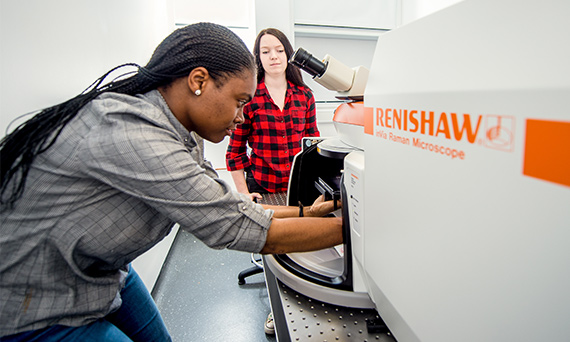Analytical Chemistry and Spectroscopy
Physical and analytical chemistry at Lancaster encompasses the characterisation of chemical structures, mechanisms and properties. This is applied to a wide range of systems including catalysts, energy materials, biomolecules and polymers.


.jpg)




